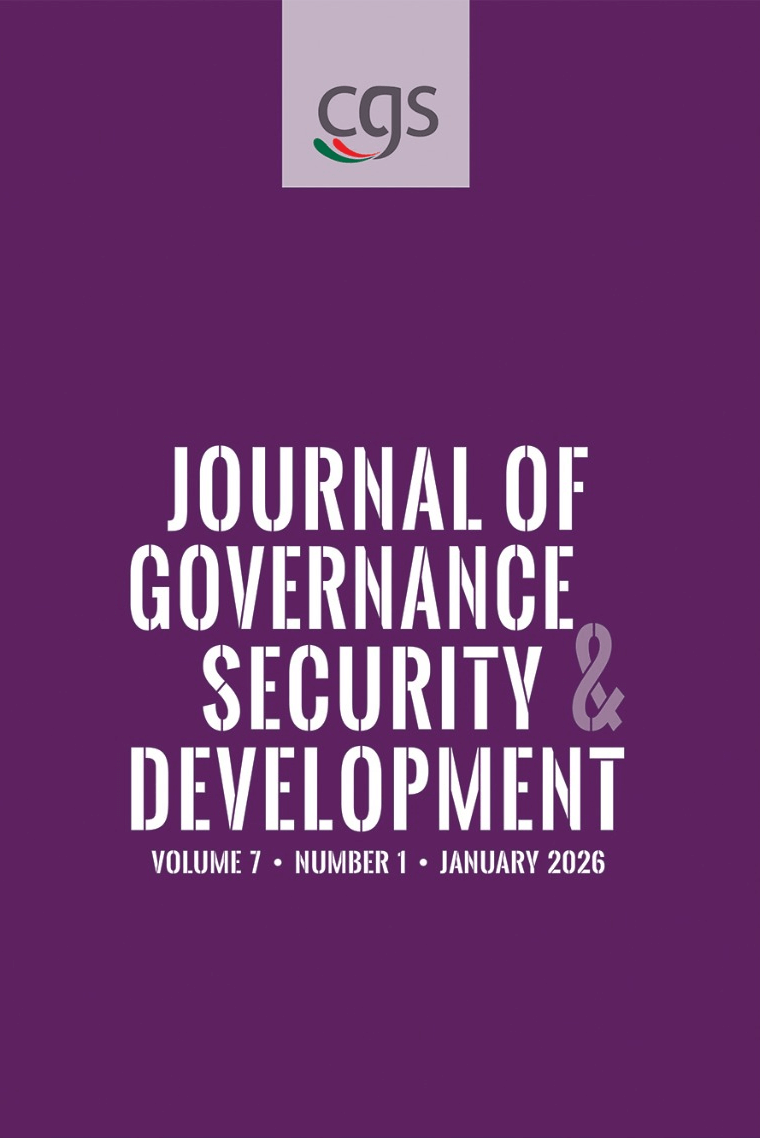Journal Abstract
Volume 1 | Number 1
Online Version: ISSN No: 2709-0590
Print Version: ISSN No: 2708-2490
Price: BDT: 750.00, USD: 25.00
Publish Date: 01, July 2020
Article:
Ali Riaz
Abstract
This paper explores the tumultuous political history of Bangladesh since it embarked on democratization process in 1991 after two decades of civilian and military authoritarianism, using the political settlement framework. Political settlement, in this paper is understood as, an agreement among elites and other social forces regarding ‘distribution of benefits supported by its institutions consistent with the distribution of power in the society’ (Khan, 2010). At the political level the arrangement is expected to ensure that the system would not unravel by conflict and violence. In the past decades, the country not only experienced repeated episodes of violence but also hopes of a democratic transformation have faded. Bangladesh has moved towards a non-inclusive political system. The paper argues that the period in question is marked by the emergence and collapse of a political settlement among political elites. It explores the nature and scope of the political settlement that emerged in the 1980s and collapsed by 2010, and demonstrates that by 2014, an exclusionary authoritarian settlement has emerged characterized by a lack of inclusivity and coercive apparatuses’ heightened role. The breakdown of political settlement was predicated by the nature of the settlement, its implications for the elites in the challenger coalition, and the degree of inclusivity of the dominant coalition. The exclusionary political settlement provides a semblance of ‘stability’ for a limited period but fails to contain the tension in the long term even when it delivers economic growth.


